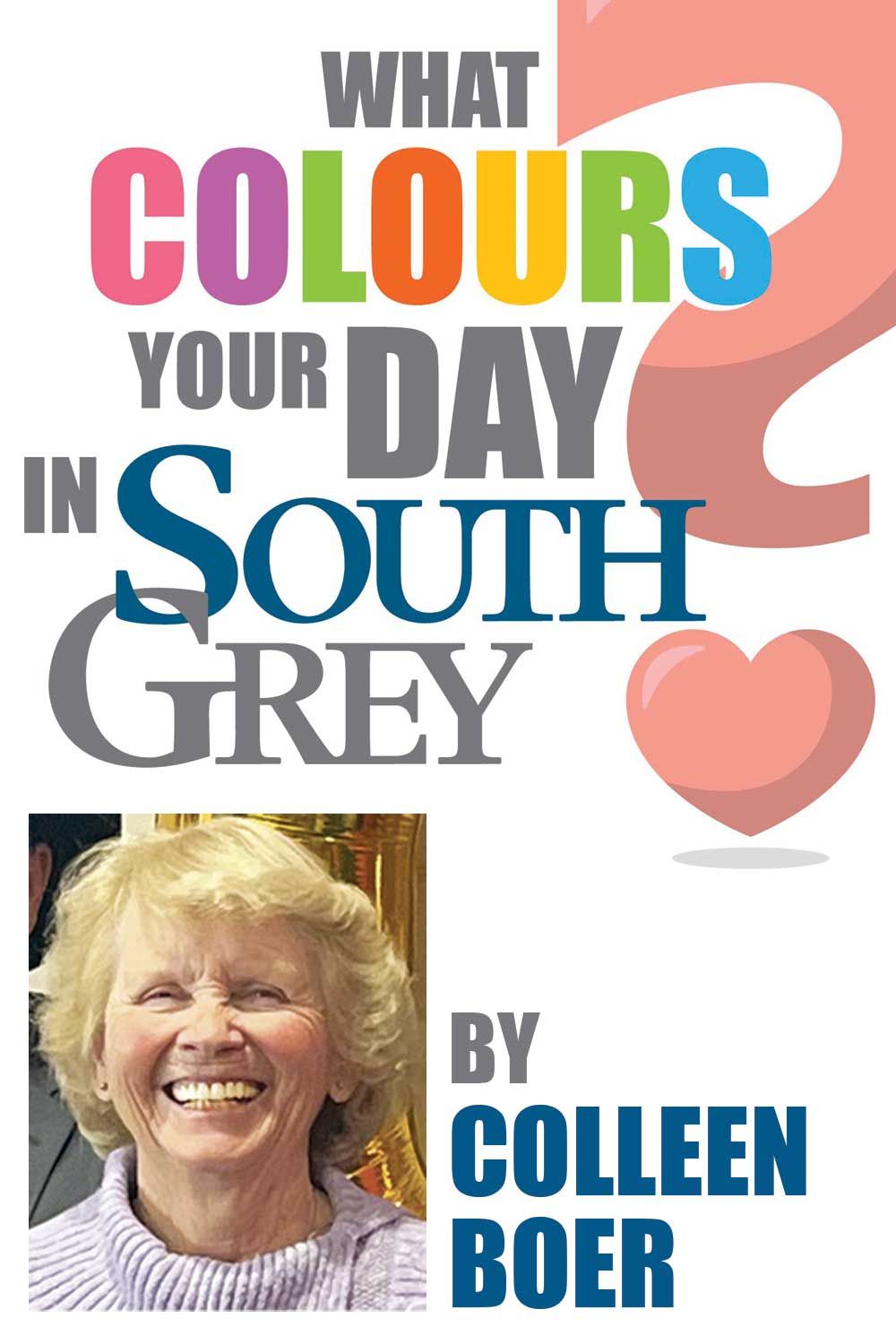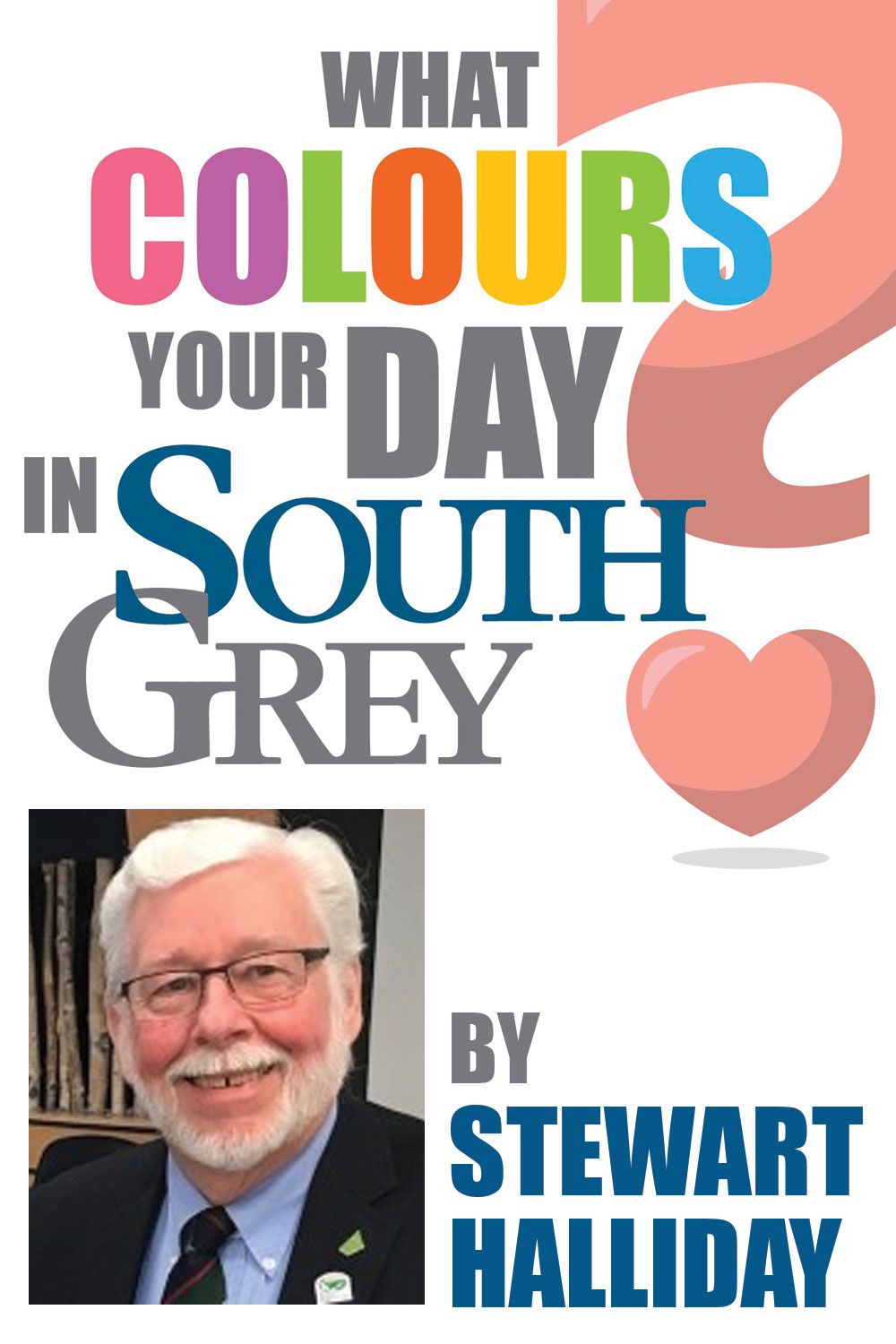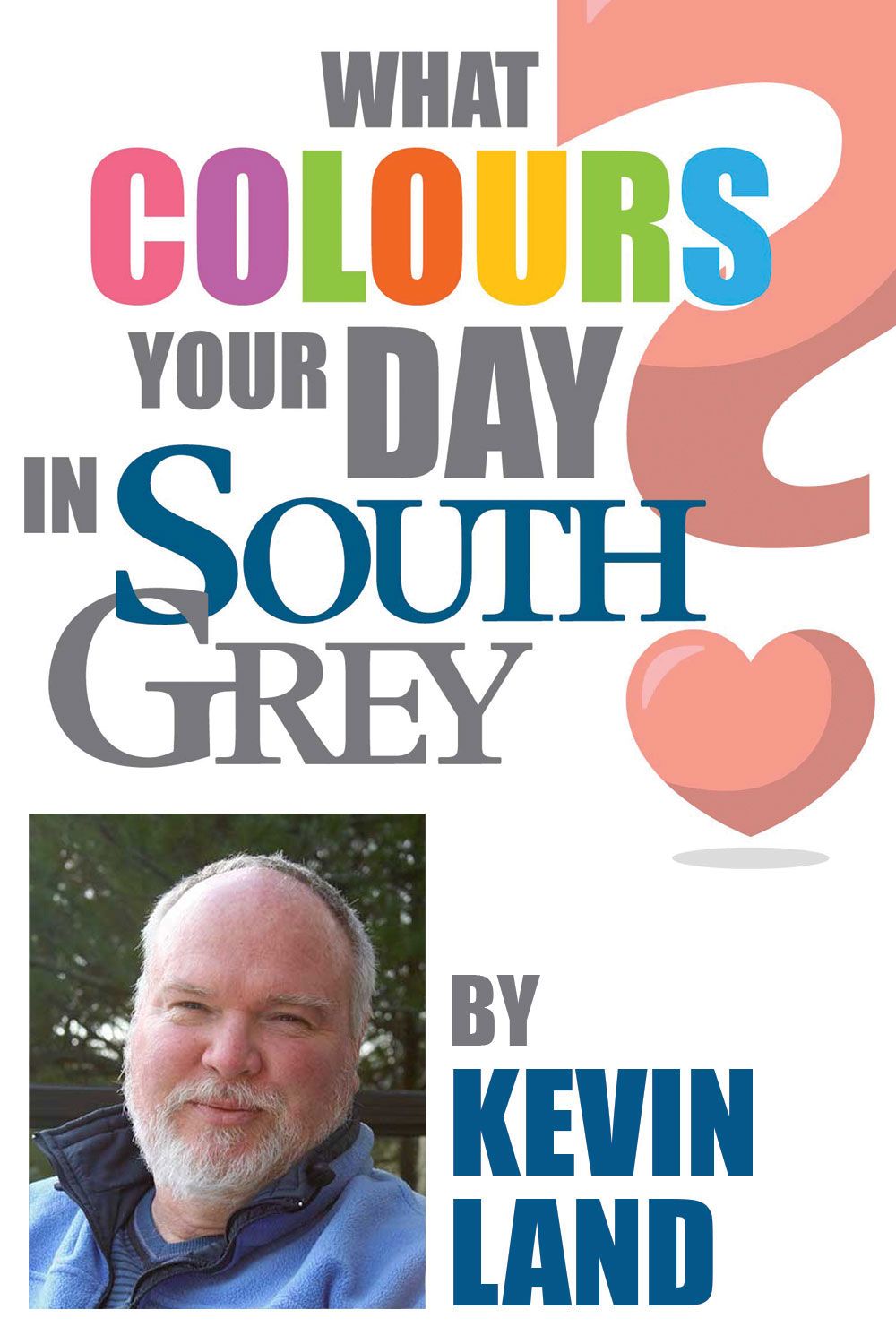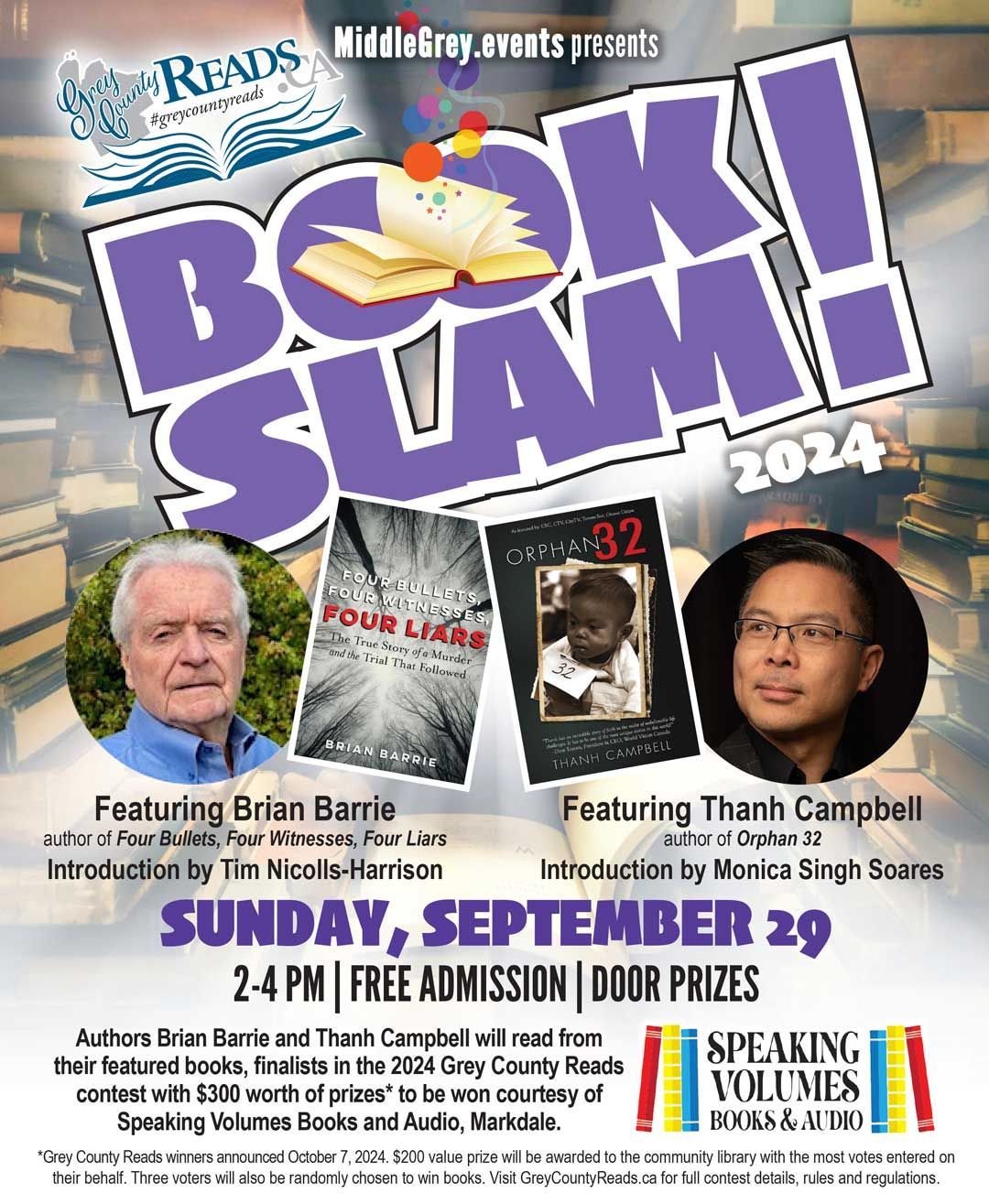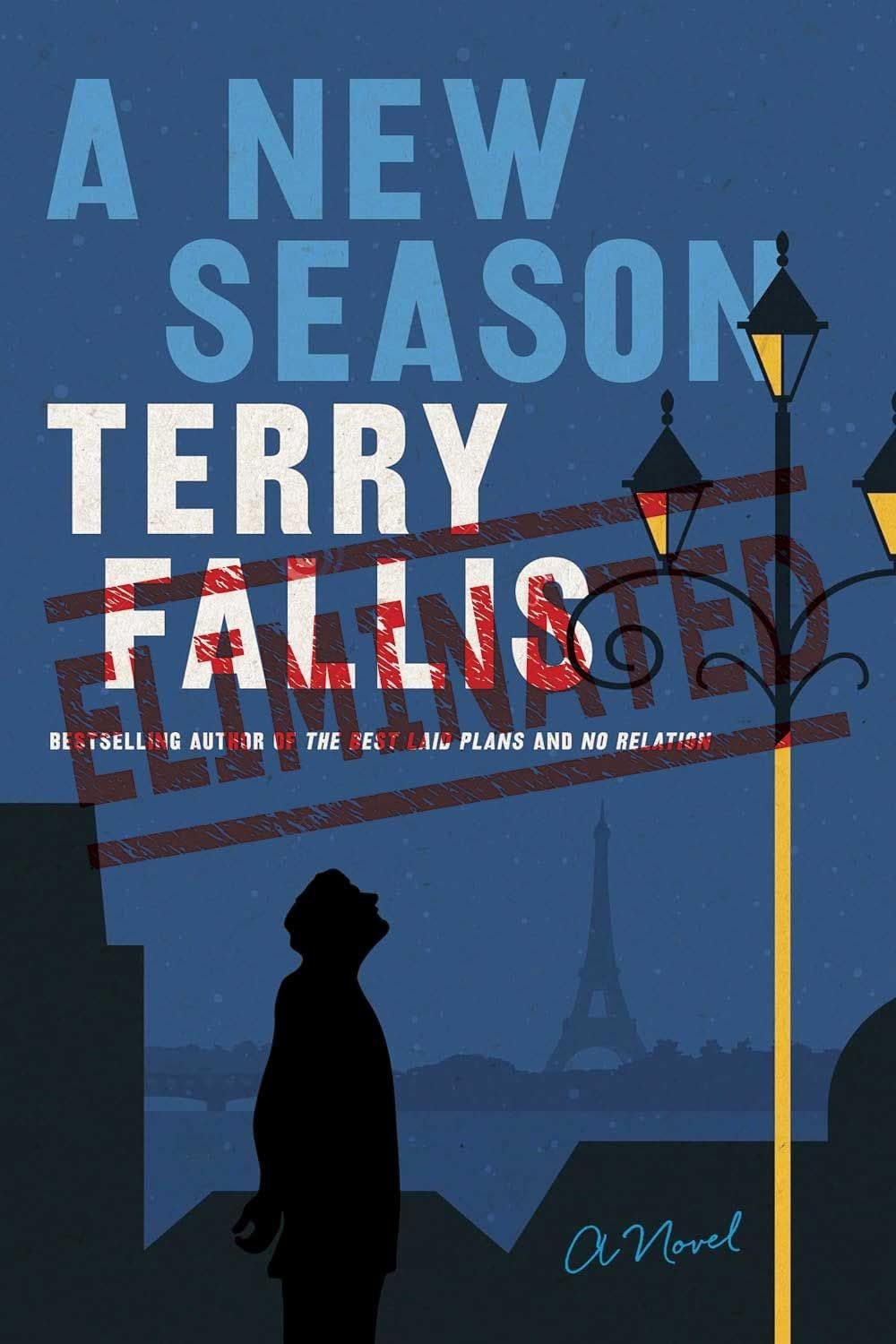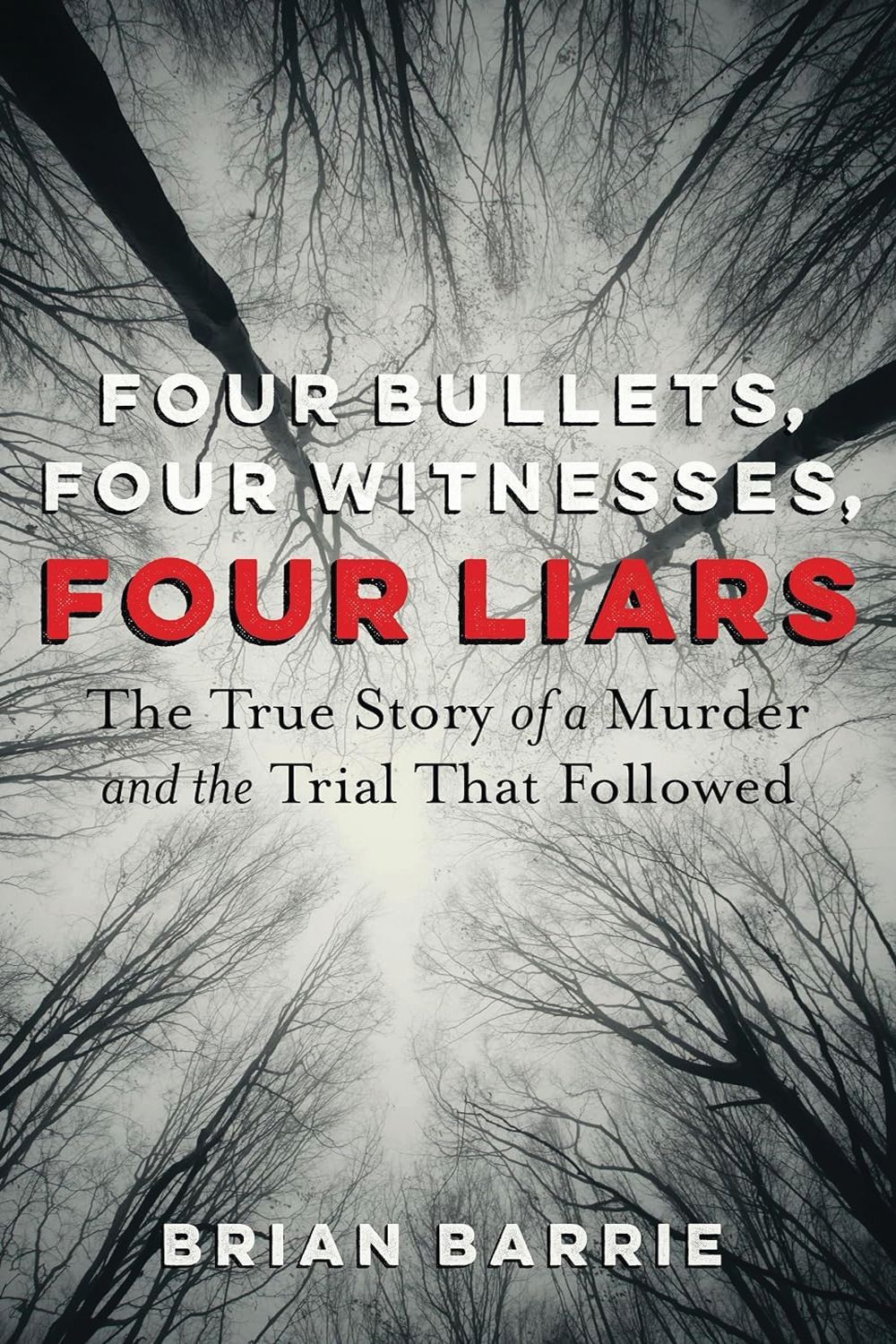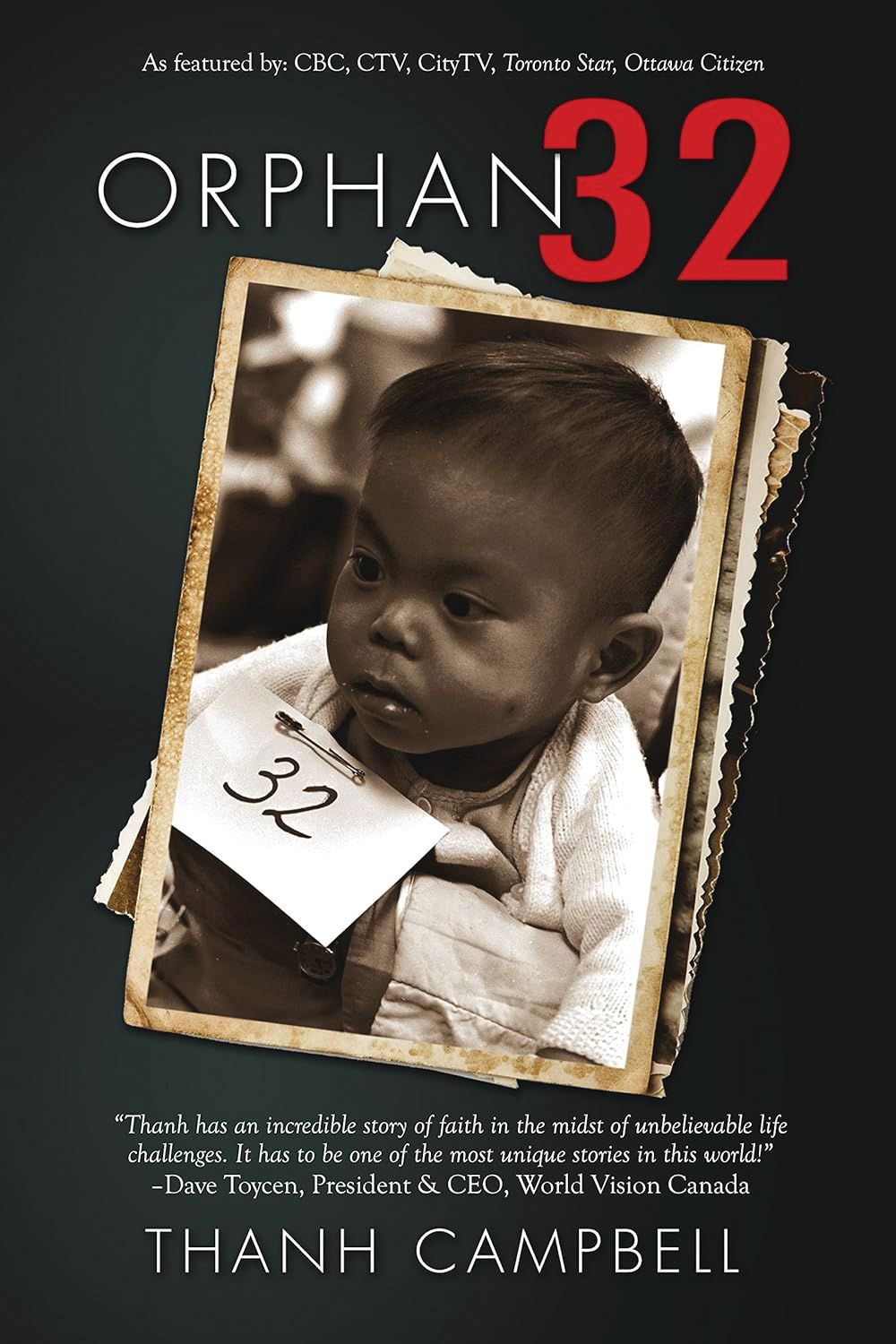
By Brian Milne
Southgate Mayor Brian Milne recalls the story of Uncle Willie
As an ongoing series in South Grey News, we have asked prominent local folks to share stories of the moments, places and/or people in South Grey that have brightened their lives. What we got is a definitive guide to happiness in our communities. Love of place — our place, South Grey — deserves love songs of its own.
This week, South Grey News is delighted to publish the recollections of Southgate Mayor and former Grey County Warden Brian Milne, whose lifetime pursuit of farming has carried on a family tradition of service to the land and to the community.
**************************************************
Uncle Willie has always been part of my life, even though he died long before I was born. William Milne — Uncle Willie — was my great-uncle, the brother of my grandfather. A framed photograph of him, dapper and relaxed in his military uniform, was on the wall of my grandparents’ farmhouse kitchen near Dromore when I was growing up. Only the most treasured family portraits found their way to the warm walls of their kitchen rather than the more formal parlour walls. He died of war-worsened illness in a military hospital in England on January 2, 1919.
Uncle Willie suffered severely from asthma — a particularly dangerous condition to have if you were part of a farm family exposed to grain dust and constant physical exertion — and as a young man in the years before the First World War, he left the family farm and headed to Winnipeg to seek his fortune working as a store clerk in that city. He was part of that generation of young Ontario women and men lured to the promise offered by the Golden West. After bidding him farewell at the train station, his family never saw Willie again. At the outbreak of war, Uncle Willie volunteered for military service and was accepted, despite his asthma. Although the train carrying him to the military camp at Valcartier Quebec passed through this area, it couldn’t stop to let one family bid farewell to their war-bound son and brother.
He sailed first to England, then to northern France as part of the Canadian contingent in the Great War. As a member of the 27th battalion he served in the cold wet trenches at Vimy for 21 days, until illness felled him — the fate of so many soldiers in the trenches. Uncle Willie was in and out of hospitals for the next two years, and was finally well enough to work in the Canadian Red Cross Special Military Hospital in Buxton, England. There he met and married, with military approval, an English hospital nurse, Ellen Kenyon. But his illness recurred. Admitted to hospital again in December 1918, he died a month later. His widow Ellen later remarried and immigrated to Canada, She was present at my grandparents’ wedding in 1923.
In 2011 my wife Deb and I travelled to Buxton, England to visit Uncle Willie’s grave. I couldn’t believe how emotional I was, and still get, when I think about it. I stood there at the foot of his grave and cried.
My family was not a military family by and large. Many other families in our community gave military service over many years, and gave lives in wartime too as their form of sacrifice for the public good. These sacrifices were the most painful and honoured instances of a broader tradition of serving the community. Some did it through statute labour on country roads. Some did it through their lodges and clubs and church benevolent activities (my father, for instance, was clerk of session in our church.) My family did it through elected office too. My great uncle Farquar Oliver was an M.P.P. and leader of the Ontario Liberal Party. But come Friday evenings, he took the train home to his farm and family, left the trappings of office behind, and became plain farmer and neighbour Farquar again for two days. Our community has never tolerated folks who take on airs of superiority.
In my family, those who came before us were valued as much as our current kin. Uncle Willie was no stranger to me. But this closeness to earlier generations wasn’t unique to my family. It was part of the web of remembrance and affection that was the hallmark of families in South Grey. I’m proud to say that the sense of quiet mutual help and respect within the community is something so many people strive for today in Southgate and its sister communities in South Grey. As Southgate’s Mayor I see acts of kindness, respect and public service every day. In today’s unexpectedly challenging times, these are civic qualities that will see us safely through.
It is who we are. It is who I hope we will always be.
Grey County Reads is supported through advertising by these local businesses and organizations:
Alex Ruff, MP Bruce-Grey-Owen Sound
The Colour Jar
ColourPix Website Design and Personalization Services
Grey Roots Museum & Archives
Hanover Chamber of Commerce
Leaking Ambience Studio
Leela's Villa Inn
Linda Sachs Books
The Market Shoppe
Meaford Chamber of Commerce
Mullin Bookkeeping
Speaking Volumes Books & Audio
South Grey Chamber of Commerce
Grey County Reads is a production of ColourPix.
Contact Us
Visit our contact page to get in touch.
Vote for your favourite book and get notified about Grey County Reads
